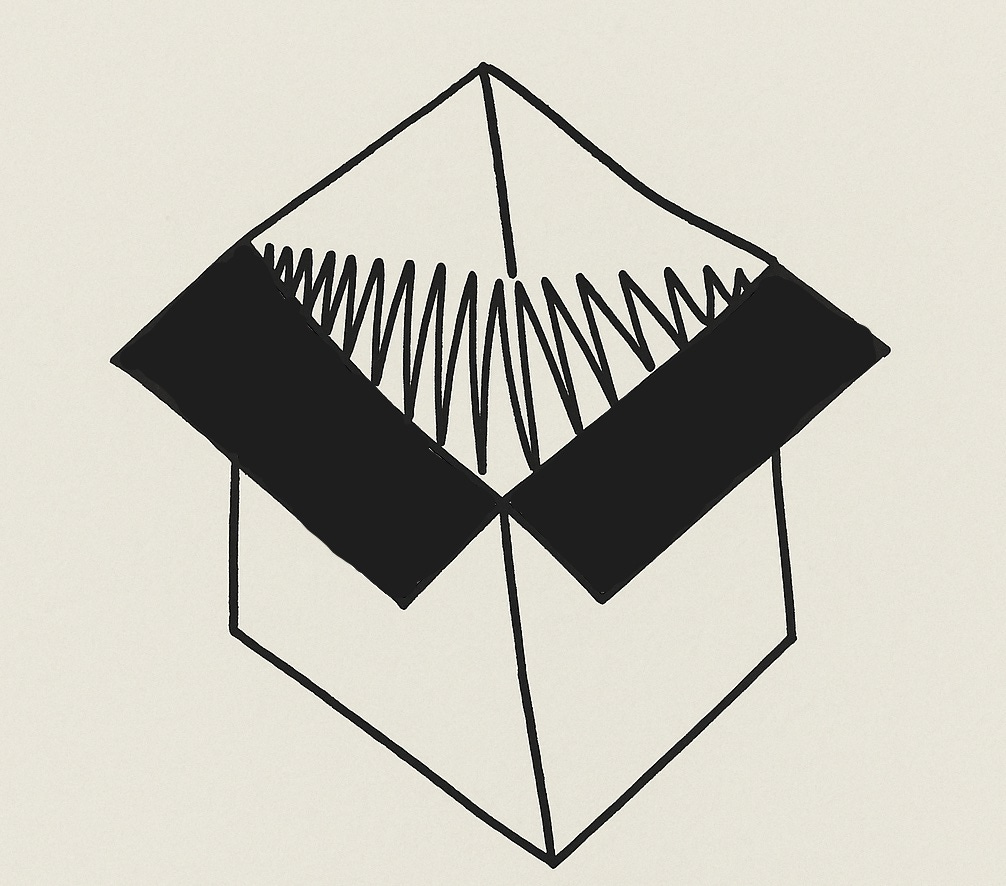Rituals and resistance
Can we reclaim holidays to create a container for memory, grief, and connection?
I have never been a big fan of Halloween. The holiday, as it exists in the U.S., doesn't seem to have much of a purpose. People dress up and get candy. It's mostly a marketing event, like nearly all of the holidays in the United States, potentially rooted in some Christian story, which absorbed and rebranded a pagan celebration.
Halloween traditions were influenced by Celtic harvest festivals, specifically Samhain, and Christianized as All Hallows Eve. At this point, as a mostly secular holiday, Halloween makes a nod toward honoring the dead, but it's mostly in service of commercializing the idea of spooky. The result of this evolution is that practices that once honored the dead (All Hallows Eve) or celebrated the passage of time (Samhain) are overlooked, and our culture has no container for grief and memory.
In a Search Engine episode titled, "What happens when a cemetery goes out of business?" PJ Vogt summarizes our grief problem perfectly:
"America's way of death is put it away and come back to work."
In a culture that is so capital and future-oriented, we become alienated from our own memories, the people we love who are gone, and from ourselves. We are left with a longing and no space to process it.
How do we make the space to reckon with our grief? How can ritual support our connection to ourselves, to others, and to memory?
***
I recently attended a performance of Sweet & Lucky ECHO, an immersive production in Denver, Colorado. The show, mostly staged in one large space, guided an audience of nearly 100 people through the experience of reckoning with memory and grief.
I entered the performance space as part of the whole group and was quickly divided into one of four parts. The first instruction I received was to help organize boxes. The space was filled with them. A room of strangers, all game, organized together to move dozens of boxes from one side of the room to another. After completing the task, I found myself facing a small stage where an actor stood, with a box in her arms. "Will you help me remember?" she asked. The group answered "Yes" aloud or through nods. She began going through the boxes and holding up items: a picture board, a broken model sailboat. "Do you remember?"
My group was tasked with reassembling our corner of the larger space, and in moments, an empty stage with a few boxes was transformed into a home, complete with a kitchen, dining room, and reading nook. A man took a stage in the center of the room and began leading all 100 people in a song. We were told it was a song that the couple at the center of the story, who had died, loved. And so we sang, together and remembered.
The show went on like this, beautifully calling on song, recipes, food, games, pictures, music, and art-making to create a collective remembrance, through ritual and story. The plot at the center of the show was vague enough for all of us to write our own remembrance into each part. I was transformed.
This is exactly what ritual does. Rituals are formalized actions, behaviors, and practices that transform the ordinary into the extraordinary. Season rituals mark the passage of time, and funeral ceremonies honor a person or animal. These ritualized actions create social cohesion. I stood in a room, singing a song with a group of strangers, and we were bound. Without connection, we splinter from ourselves and others.
***
Max Weber, in The Protestant Ethic and the Spirit of Capitalism, describes how societies that are full of values tend to be resistant to the total takeover of capital. Consider places that were colonized by the Spanish, a culture grounded in Catholicism, versus places established by Puritan settlers. Mexico versus the United States. For Mexico, the move into capitalism was blocked by a god-filled world made up of sacredness, rituals, and spirits. For the U.S., capitalism was embraced, and it became core to the culture.
This calls to mind a recent visit to Mexico. I was in San Miguel de Allende during the Independence Day celebrations. People were in the streets gathered to dance, play music, or parade for the entirety of the three days that I was there. People of all ages came together to remember, participate in ritual, celebrate, and connect. This kind of social cohesion isn't common in American culture. Capitalism has gobbled up our rituals and spit them back out as a reason to buy stuff and celebrate our individualism.
In reflecting on this difference, there's an opportunity to reclaim ritual and reimagine holidays. By taking back our right to ritual, we might find a way to think beyond candy and the Spirit Halloween stores — to find tools for connection and remembrance. What if this year, Halloween were recognized as a chance to actually honor our grief? There's so much that we're grieving. It might make way to mourn the horror of the war in Gaza, the attacks on our communities, and all of the people and things we've loved and lost.
What if we gathered together and created a container for memory through the power of art, music, prose, photography, food … and we remembered and supported one another? When we create, we connect, and through connection, we build resistance. The more ways we find to come together, the harder it will be to tear us apart.


